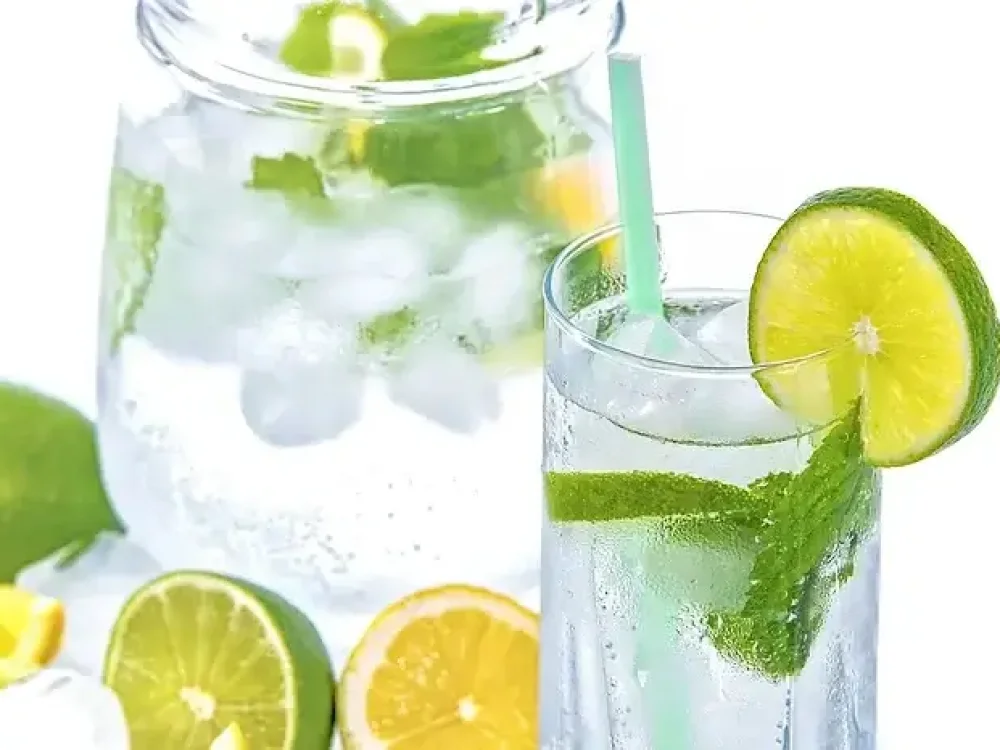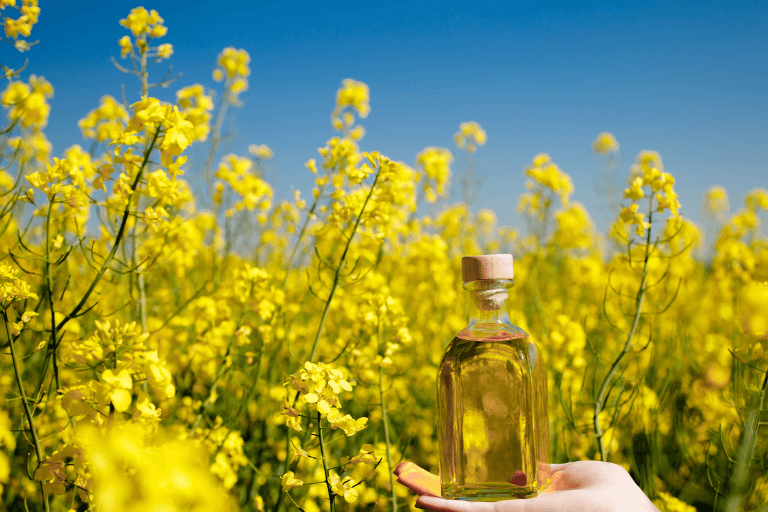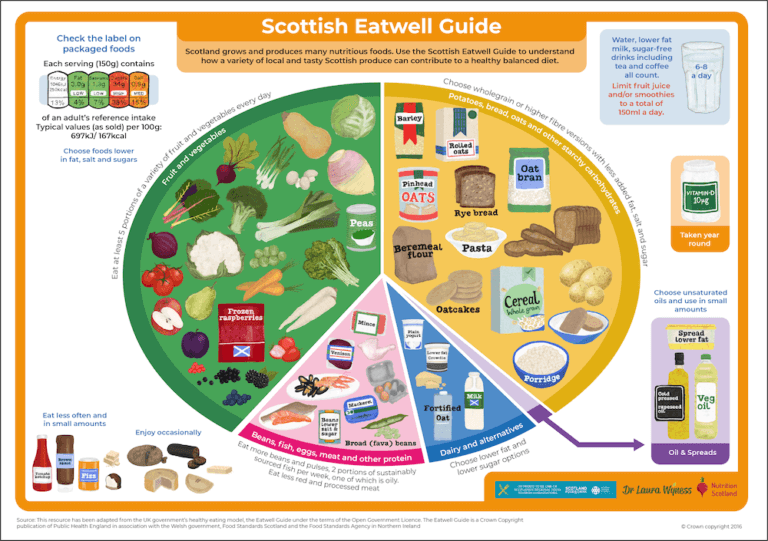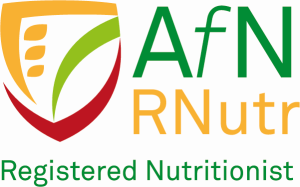Water is hugely important considering an adult’s body is made up of around 60% water! Every single cell in your body needs water to function properly.
Dehydration can be defined as a 1% or greater loss of body mass due to fluid loss and dehydration of 2% or more can result in reduced mental and physical function, headaches and symptoms of fatigue. Fatigue is often one of the first signs of dehydration.
Whats the benefits?
Drinking water has many benefits. For example, water can help with weight loss when you drink water before a meal, as this is likely to reduce your tendency to overeat; water can help prevent bad breath by flushing away food particles and bacteria; and water can help prevent some headaches or migraines.
Do we need water to detox?
It is often thought that we need to drink plenty of water to detoxify ourselves. In reality, our body has a very sophisticated system for detoxification and excretion of harmful substances. The kidneys for example, use a variety of mechanisms to rid the body of toxins. Keeping yourself hydrated ensures that your kidneys have sufficient water to filter out toxins, however there is no evidence that consuming additional water when hydrated allows the body to excrete toxins more effectively.
How much water do I need?
Research has tried to establish a recommended daily fluid intake, but this has proved challenging. Fluid needs can vary widely depending on body size and composition and factors such as age, climate and physical activity. Its therefore difficult to make general recommendations about how much fluid to consume. The UK’s Eatwell Guide recommends 6-8 glasses (about 1.2 litres) per day.
Water and other drinks
Water a great choice for hydrating as it’s healthy, low cost, has no calories and contains no sugars that can damage teeth. Teas and coffee (without added sugar) can also be healthy. Other drinks such as milk provides a variety of important nutrients like protein, B vitamins and calcium, whilst fruit juices and smoothies contain a range of micronutrients and antioxidants as well as contributing to your 5-a-day.
Fluid from food
Most of our fluid intake comes from drinks, but food also provides around 20% of our fluid intake, depending on the type of food chosen. Foods that have a high water content include many fruits and vegetables, soups and stews. These can provide extra water in addition to the recommended 6-8 glass of fluid you should drink each day. The water content of some foods are listed below:
| Citrus fruits, melon and salad vegetables | 90-95% |
| Bananas, potatoes, sweetcorn | 80-90% |
| Soup | 60-80% |
| Pizza | 50-60% |
| Cheese | 40-50% |
| Breads and biscuits | 30-45% |
| Savoury snack and sweets | 1-10% |
Here’s some useful tips on how to ensure you keep hydrated:
- Infuse plain or sparkling water with fresh fruit, a slice of cucumber, or some herbs to add a bit of variety.
- Set a goal to drink throughout the day, for example drink one glass of water before you start work, another before lunch, and another by mid-afternoon etc.
- Use a free phone app to set reminders and help track your fluid intake.
- Drinking with a straw may help increase your intake.
- After brushing and rinsing your teeth, get into the routine of drinking a glass of water.











